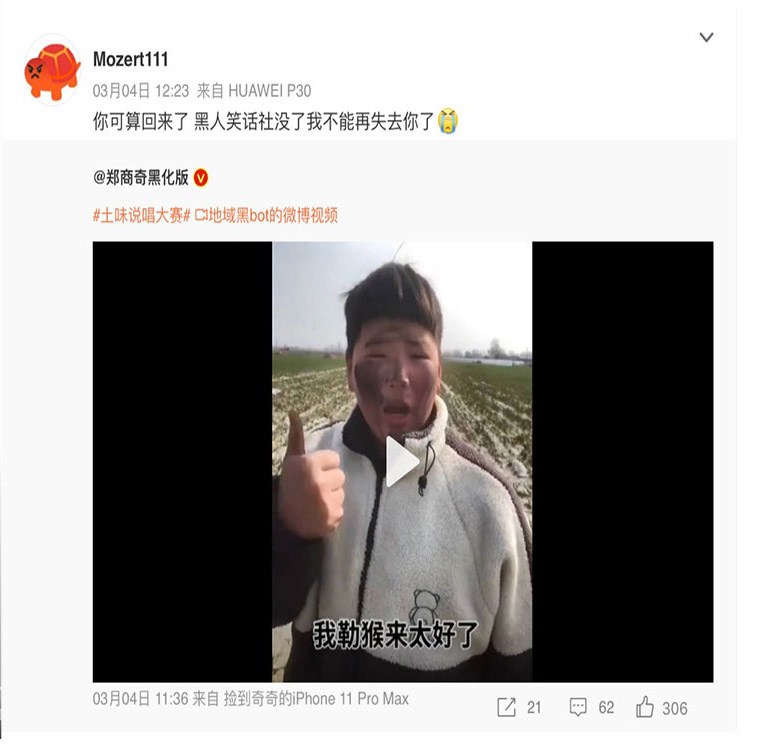Vietnam Communist Party head says officials in bribery scandal apologized
Nguyen Phu Trong, general secretary of the Vietnam Communist Party, has said that two senior officials caught in a recent bribery scandal apologized to him for their actions but still needed to be punished as a warning to others, state media reported. Trong, who is also a member of the National Assembly for Hanoi, made the comment in a meeting in the capital Hanoi on Thursday, the reports said. But online critics of the government expressed continued frustration with Vietnam’s leadership for not doing more to root out graft in the government and mismanaging the country’s response to the COVID-19 pandemic. Trong, 78, has been general secretary of the Vietnam Communist Party (VCP) — the highest position in Vietnam — since 2011, and served as the country’s president from 2018 to 2021. As head of the Politburo, Vietnam’s highest decision-making body, he is the most powerful leader in the country. On June 6, the VCP announced it had expelled Hanoi Mayor Chu Ngoc Anh and Health Minister Nguyen Thanh Long from the party following accusations that they were involved in a U.S. $172 million scandal. They were paid by Viet A Technologies Company to provide overpriced coronavirus test kits to hospitals. It is not unusual for senior government officials to apologize to the head of the VCP when they face high-profile corruption charges. Oil executive Trinh Xuan Thanh, who was convicted of embezzling assets from units of Vietnam’s state-owned oil company, and Nguyen Bac Son, a former minister of information and communications imprisoned for accepting a U.S. $3 million bribe, both expressed remorse for their actions. Musician Tuan Khanh from Ho Chi Minh City told RFA that the Trong’s response to the Viet A Technologies scandal has been insufficient. “He merely performed a simple act of expressing anguish and regret when the party members and those in top positions were penalized and dismissed from the party,” he said. “That shows Trong is a figure of the party circle with no vision to lead the nation forward but to nowhere.” Hanoi resident Nguyen Son noted that party leaders never apologize to Vietnamese citizens after they are convicted of wrongdoing. “The fact that so far the governing party has disrespected the common people is not new,” he told RFA. “They are afraid that if they apologize or take responsibility for the wrongdoing, it would mean that their power has been diminished. “They never publicly apologize to the people in the media,” he said. “Such a government cannot be said to be of the people, by the people and for the people. It is a government that grasps all power in its hands, so whether they apology or not, nothing can be done about it.” Lawyer and democracy activist Nguyen Van Dai was even more critical of Trong, who he said should accept more responsibility for the actions of officials in his government. “I cannot imagine why as a human he can lose all sense of decency,” he said. “The fact that he thinks all wrongdoing by the officials under him does not at all relate to him is unacceptable.” Dai said their remains a disconnect between the government and the people because under the one-party communist system leaders do not need to face the voters in open elections. Vietnam ranked in 87th place out of 180 countries on Transparency International’s 2021 Corruption Perception Index, with a higher ranking corresponding to a widespread perception of corruption in the public sector. Translated by RFA Vietnamese. Written in English by Roseanne Gerin.



